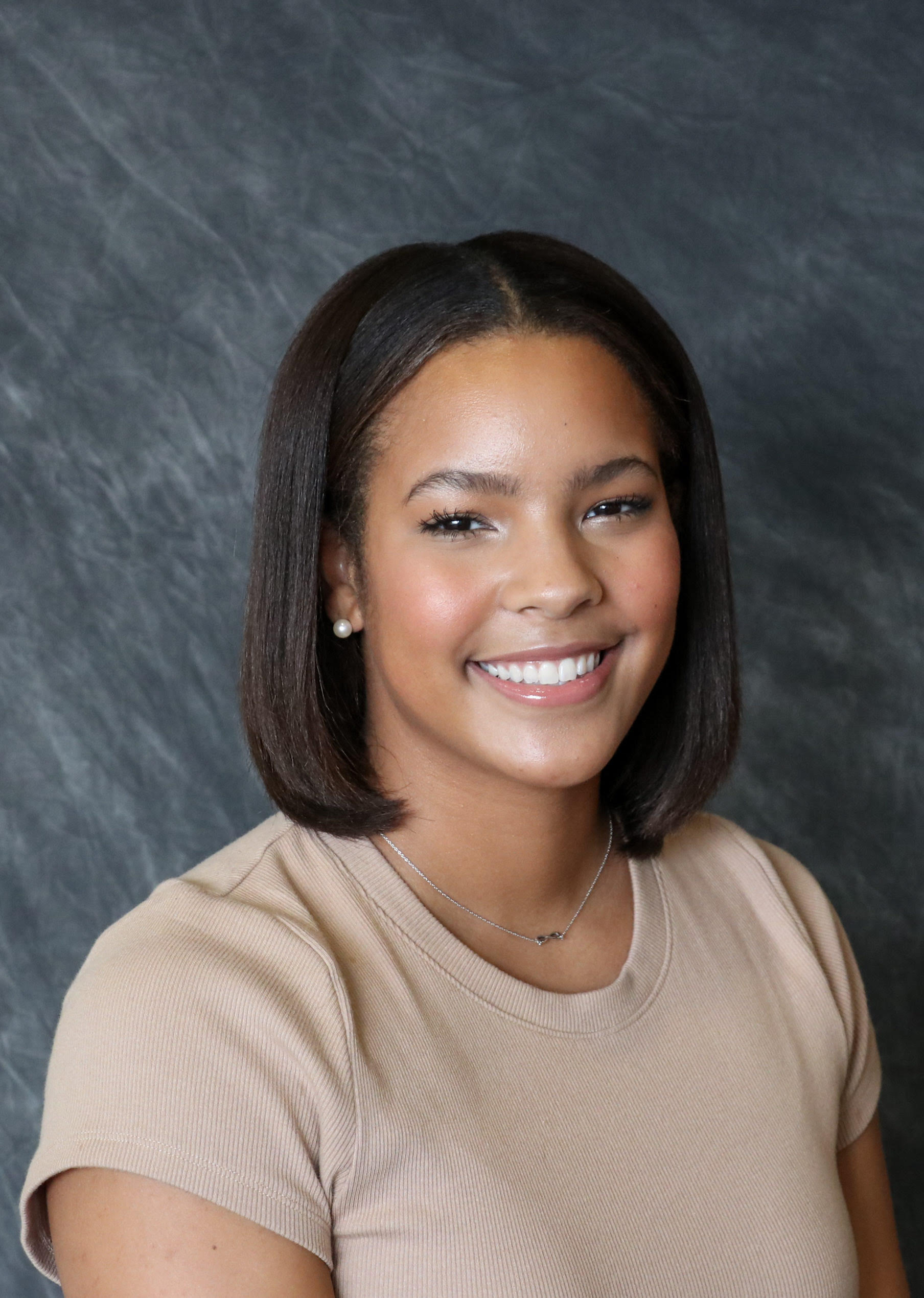 As I reflect on my year in books, it occurs to me that I drew some solid career advice from a rather unlikely source, Tina Fey’s autobiographical book, Bossypants.
As I reflect on my year in books, it occurs to me that I drew some solid career advice from a rather unlikely source, Tina Fey’s autobiographical book, Bossypants.
Fey’s book, which spent five weeks on the New York Times Best Sellers list, has a lot more to do with being “bossy” than actually being a “boss,” but I was surprised how valuable I found the section that discusses the rules of improv.
Below are some of Fey’s rules simply put and how I relate them to our creative work:
Rule One: Say Yes
In an improvised scene, you’re not going to get very far if you’re constantly shooting down ideas or negating your partner’s premise. This rule reminds me never to try to begin from a place of negativity.
Rule Two: Say “Yes and . . .”
Eliminating negativity is the first step, but if you’re just agreeing with your partner, you’re not adding any real value. For creative work, we need to constantly challenge ourselves to build upon good ideas and keep building until you’re out of your comfort zone. If you root the ideas in reality, you’ll always have something workable to return to.
Rule Three: Make Statements – Don’t Ask Questions All the Time
Oftentimes I sit in brainstorms or creative meetings and the facilitator giving the brief is quickly derailed by hundreds of questions. Asking questions that may or may not be important can be a major time waster and, worst of all, it delays getting started. As Fey writes, “Here we are in Spain, Dracula,” may not be a great start to a scene, but at least it’s a start. You can’t start refining and building on ideas until you start.
Rule Four: There Are No Mistakes, Only Opportunities
Fey writes, “If I start a scene as what I think is very clearly a cop riding a bicycle, but you think I am a hamster in a hamster wheel, guess what? Now I’m a hamster in a hamster wheel.” Sometimes when we begin to work on a project, certain elements have already been baked in. Rather than grumble about how we would have done things differently, I try to focus on finding the opportunity. Sometimes it helps if I picture our team as The Mystery Gang. Boy oh, boy. How are we going to pull it off this time? (Aspire to be more like Velma and less like Scooby.)
I know it seems clichéd, but being mindful of these principles has made me a better collaborator in the past six months. So the next time you’re feeling stuck creatively, try saying “Yes, and . . .”


